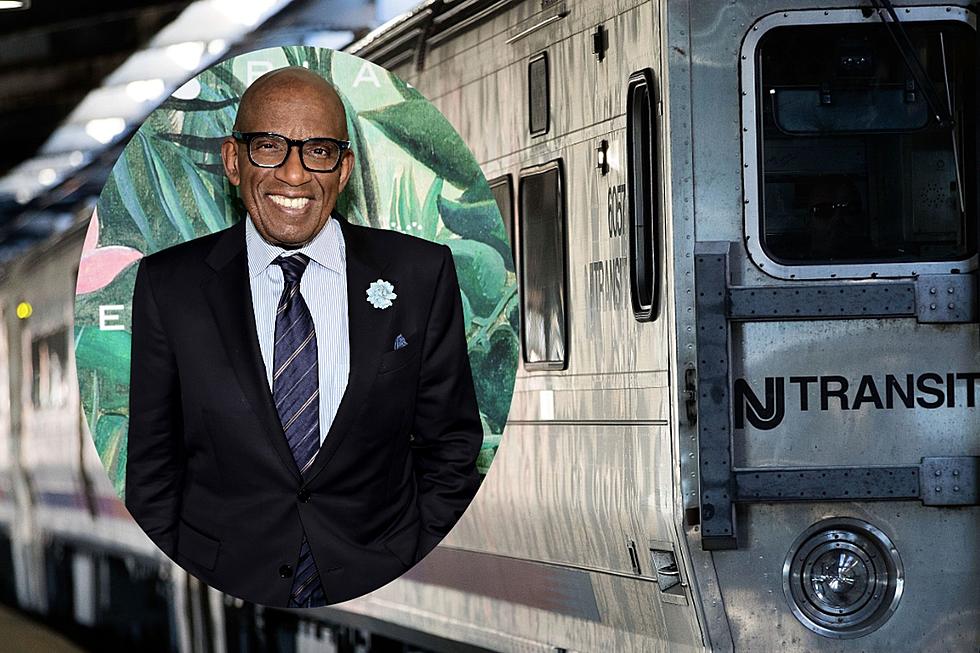
Murphy signs NJ Transit reforms into law
SUMMIT — Gov. Phil Murphy signed bipartisan legislation Thursday that aims to make NJ Transit more responsive to commuters and overhauls how the embattled agency is run.
The Democrat signed the measure alongside lawmakers and other officials at the crowded station in Summit, as commuters squeezed by the governor's lectern to catch their trains.
"This reform puts into law the simple concept that NJ Transit works for commuters and not the other way around," Murphy said.
The new law expands the agency's eight-person board to 13 by adding members who are commuters. It also requires public hearings before fare hikes or major schedule changes and calls for the release of fiscal and safety data.
The law comes the same week Murphy said the agency made enough progress on installing a federally mandated emergency braking system to meet a year-end deadline.
The agency has been troubled by a host of issues, including schedule disruptions and decreased state financial support in recent years. It also comes after an audit Murphy's administration published in October that found the agency suffered from top-heavy management, little strategic planning and low morale.
Overhauling the agency has been a top priority for the first-term governor, who this year succeeded Chris Christie.
The legislation came out of a series of hearings that stemmed from the fatal 2016 train crash in Hoboken. While lawmakers said the new law is not a "panacea," they added that it reflects the government's determination to listen to commuters.
Many riders have complained of frequent cancellations and other disruptions. But rail rider, Lynne Kalustian, a 78-year-old math tutor from Chatham, said she had a "beautiful" experience with the service. As she walked passed the ceremony Thursday on her way to a train to Hoboken, she said she welcomed the changes to the board.
"What caught my ear ... I like the idea that there are regular commuters who will have input," said Kalustian, who rides frequently but not every day and said she voted for Murphy. "That alone is a necessary step."
Murphy's audit cited a lack of consistent funding from the state for many of NJ Transit's problems, from equipment breakdowns to an inability to retain top talent.
In his first budget, enacted this summer, Murphy increased the state's contribution to the agency by about $240 million to around $380 million from the general fund. The agency has an operating budget of $2.3 billion.
He has called for a dedicated source of funding for the agency so that it's not reliant on the budget process every year for a subsidy, but stopped short Thursday of detailing such a source.
More From New Jersey 101.5 FM









